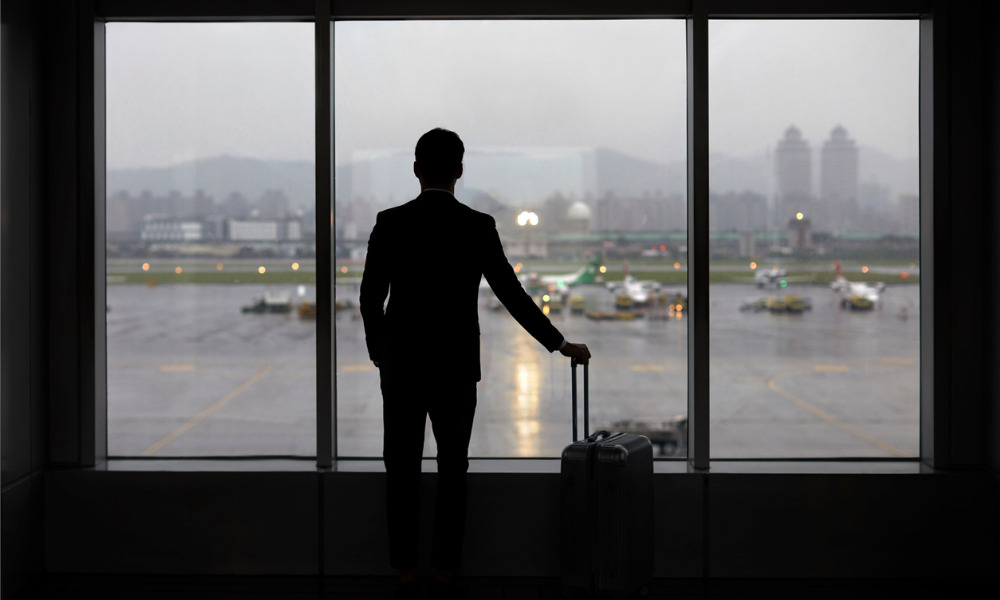
Rajah & Tann Asia’s lawyers answer questions around work-related travel

In the second part of Rajah & Tann Asia’s list of practical tips to deal with the COVID-19 outbreak, the firm’s top lawyers address frequently asked questions around employee travel.
Read the first part here: Can HR fire staff who breach a COVID-19 quarantine order?
Regional travel
1. Can an employer compel an employee to travel to a destination where there are known COVID-19 cases?
In order to compel an employee to travel to a destination with known COVID-19 cases, that travel must first be within the employee’s ordinary course of work.
The employer’s right to require such travel must then be balanced against the employer’s duty under the Workplace Safety and Health Act to take necessary measures to ensure the safety and health of their employees at work, so far as is reasonably practicable.
Based on current medical views, it may be arguable that the mere presence of COVID-19 cases at a particular country would be an insufficient basis for an employee to refuse to travel there.
However, if the destination country has a travel advisory issued against it, the employer should heed the Ministry of Manpower (MOM) advisory against penalising employees who refuse to travel to countries with travel advisories issued against them.
2. An employer has signed an employment contract with a foreign employee to start work on a certain date. The employee is not able to report to work as he/she is subject to a travel ban. Can the employer terminate the employment contract with immediate effect?
The employer should first refer to the employment contract to see if there are any provisions that deal with the employee’s inability to commence work at the prescribed time.
Depending on how such a clause is drafted, the employer may choose to adopt a strict legal approach and terminate the agreement.
However, such a strict approach may be undesirable, especially given that the employee’s inability to start work did not arise from defiant or wilful conduct. Instead, the employer may wish to offer alternative work arrangements where feasible or to delay the start date of work.
READ MORE: MOM urges HR to set clear travel policy amid COVID-19
Complying with government advisories and guidelines
3. What is the legal effect of advisories and guidelines issued by the Singapore government?
Advisories and guidelines issued by the Singapore government are technically not law but that should not lull employers into assuming that they can be safely ignored.
At the minimum, ignoring government advisories and guidelines issued during this period of heightened anxiety would cast the employer in a very unfavourable light and would open the employer to allegations of being negligent or reckless.
At worst, given the wide-ranging and discretionary powers of the authorities, the employer may be taken to task, publicly, for their failure to comply.
In short, adhering to government advisories and guidelines would be prudent both from a legal, practical and moral standpoint, in order to safeguard employee health and safety, avoid potential employer liability, and promote business continuity.
The article is by Rajah & Tann Asia’s Jonathan Yuen, Head, Employment & Benefits (Disputes), Desmond Wee, Head, Employment & Benefits (Non-Contentious), Kala Anandarajah, Partner, Employment & Benefits